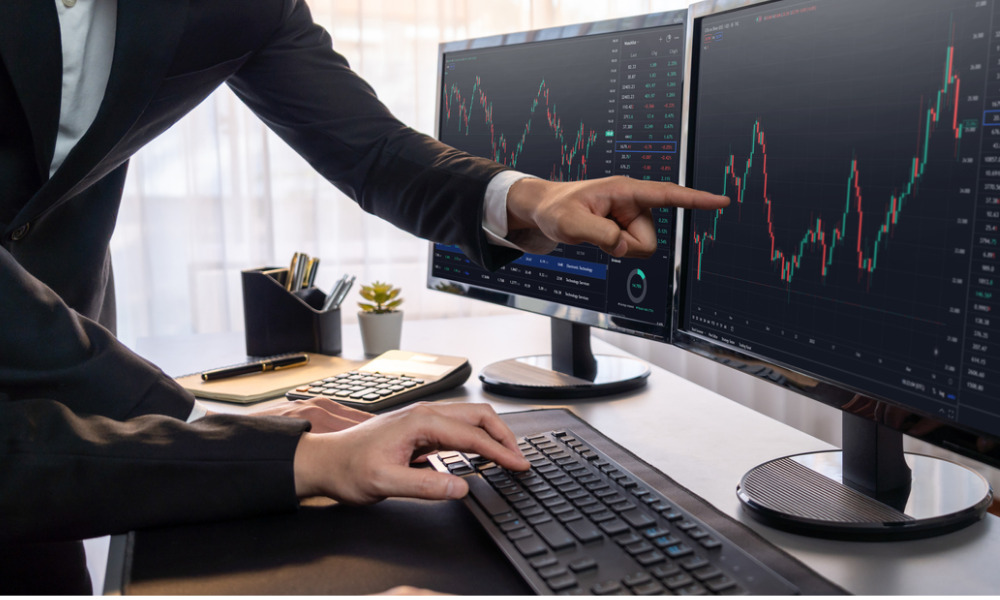

Volatile market conditions and uncertainty are stressful for traders, and a new study looks at how they respond to losses.
The City Index research polled 3,000 participants in the US spot FX market to discover how they're dealing with challenging conditions. The number of traders in the market is estimated to be greater than it was before the Covid-19 pandemic.
Most respondents said they were somewhat confident when making trading decisions, but there are outliers on either side, with 10% saying they were very confident and another 10% saying they were not confident at all.
More than one in three traders surveyed feel frustration and disappointment as a reaction to losses in trading (31.6%) with investors ages 41-60 most likely to have their trading decisions consistently influenced by emotions (35.4%). Older traders (over 60) are the biggest risk takers and most likely to recover swiftly from their losses.
Across all age groups, the single largest response regarding how often emotions influence their decisions is "sometimes" or "occasionally," but for 20% it’s a frequent occurrence, with almost 3% saying its constant.
The most cited response to losses (32%) is "frustration and disappointment," but respondents add that they try to learn from the experience. One-fifth reevaluate and adjust their strategy, 14% immediately cut losses, 13% find it takes them time to recover emotionally, and 4% increase risk taking to try to recover losses.
James Roy, neuro expert at Brainworks Neurotherapy, explained that market participants frequently grapple with the repercussions of negative emotions, such as fear and greed, and how they impact decision making.
“These emotions can distort rational decision-making by activating the amygdala, prompting impulsive actions and clouding judgement during periods of market volatility,” he said. “The evolutionary roots of these emotional responses, tied to survival instincts, contribute to the challenges traders face in maintaining a disciplined and strategic approach.”
Roy added that recognizing and managing these emotional triggers is imperative for traders seeking to navigate the complexities of financial markets.
“Strategies that integrate emotional intelligence can help mitigate the impact of negative emotions, fostering a more rational and deliberate decision-making process,” he said. “Acknowledging the psychological nuances inherent in trading allows individuals to cultivate a resilient mindset, promoting sustained success in the ever-evolving landscape of finance.”
Matt Weller, head of Market Research at City Index, commented on risk taking when trading.
“If you find yourself struggling to stay in a winning trade, or if you let your emotions take over when things are not going well, you are not alone. Emotions and biases are powerful influences on trading, but most traders are unaware of how much it impacts their performance,” he said. “To achieve success in trading, it's imperative to embrace logical, measured risks, while simultaneously prioritizing emotional discipline. Detaching emotions from your trading decisions stands as one of the wisest moves you can make to mitigate potential pitfalls and enhance overall trading performance.”

Relationships are key to our business but advisors are often slow to engage in specific activities designed to foster them.

Whichever path you go down, act now while you're still in control.

Pro-bitcoin professionals, however, say the cryptocurrency has ushered in change.

“LPL has evolved significantly over the last decade and still wants to scale up,” says one industry executive.

Survey findings from the Nationwide Retirement Institute offers pearls of planning wisdom from 60- to 65-year-olds, as well as insights into concerns.
Streamline your outreach with Aidentified's AI-driven solutions
This season’s market volatility: Positioning for rate relief, income growth and the AI rebound
